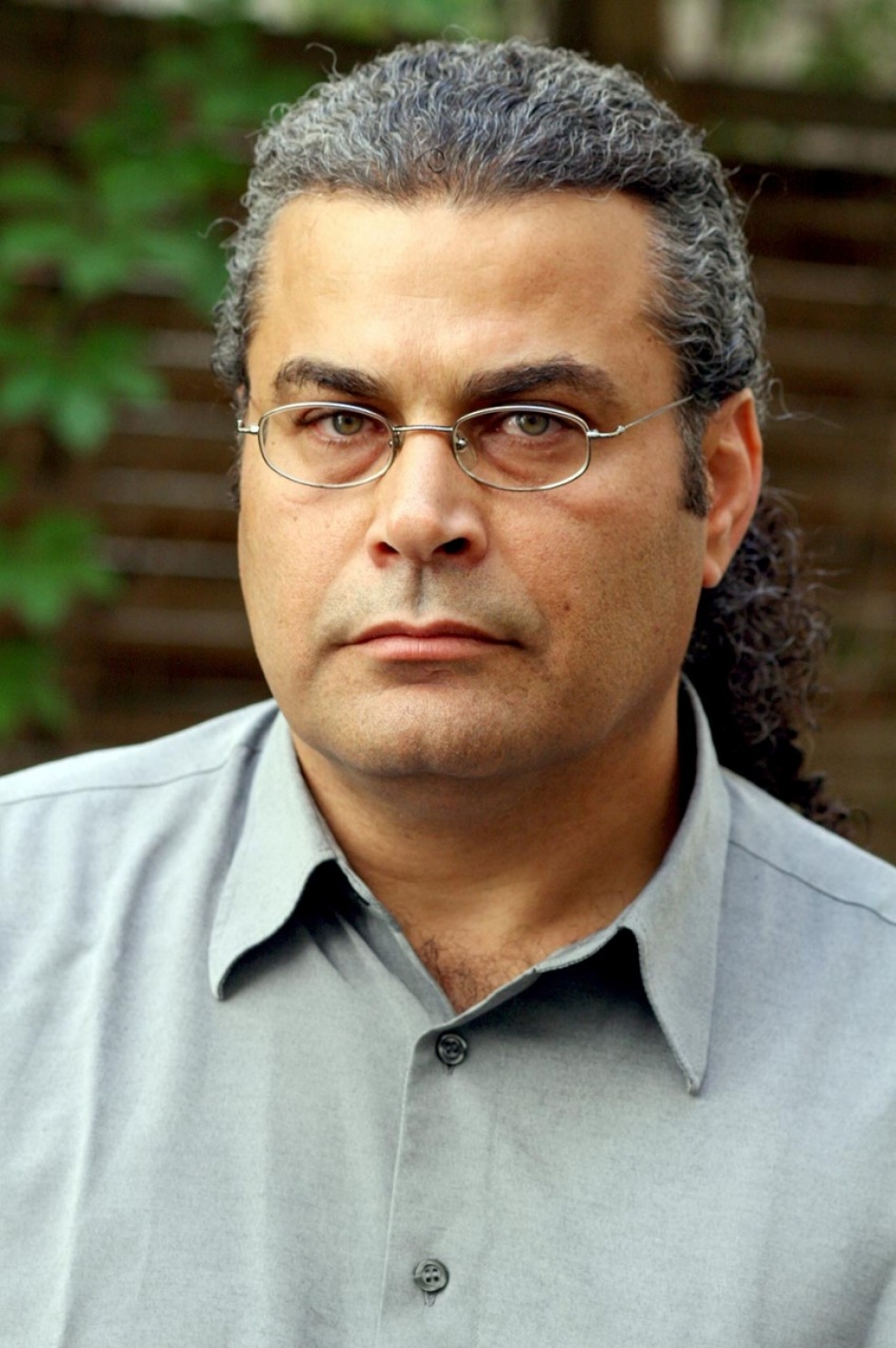Germany’s Code of Crimes against International Law, which came into effect in 2002, makes Germany one of few countries that allow prosecutors to investigate human rights crimes committed abroad; the accused is not required to be present in Germany. German prosecutors could, in other words, pursue cases of human rights abuse linked to CIA officials in Afghanistan and Guantánamo even if the crimes have minimal connection to Germany. “The critical question is the political will,” said Ward. “Are the prosecutors willing to go where the evidence takes them? Private investigations by groups like the ECCHR are unlikely to directly lead to prosecutions, because state interests are involved. But NGOs’ efforts to bring these abuses to light have encouraged prosecutors to open investigations.” Frauke Köhler, the spokeswoman for the German federal prosecutor’s office, said that officials began reviewing potential cases as soon as the Senate torture report was released. “The ECCHR’s criminal complaint is part of this investigation,” Köhler explained.
The ECCHR is, along with the Center for Constitutional Rights (CCR) in the United States, the Swiss group TRIAL, and Redress in the UK, one of several organizations most active in pursuing legal investigations into human rights violations. A decade ago, the group filed largely symbolic criminal complaints against George W. Bush, Donald Rumsfeld and former CIA Director George Tenet. But it is now going after mid-level officials, who are easier to link to the abuse. “Our goal is that by operating on different levels we’ll be able to pull the net tighter around perpetrators of human rights abuse,” explained Schüller. (The CIA declined to comment for this story.) The ECCHR and the CCR have filed an expert opinion in support of France’s decision to open an investigation into former Guantánamo commander Geoffrey Miller. Earlier this year, the National Court in Paris summoned Miller to respond to allegations of torture.
Schüller said the ECCHR plans to file several additional complaints by the beginning of next year. A criminal complaint alone does not result in an arrest warrant, but if the ECCHR learns that Bikowsky is planning to travel internationally it will contact foreign border agencies to ask for her detention. “The complaint makes it impossible for Bikowsky to serve overseas,” said Scott Horton, a human rights lawyer and lecturer at Columbia University. Though no Western official has been arrested on the basis of a criminal complaint alone, earlier this month former CIA official Sabrina De Sousa, who had been convicted in absentia by an Italian court, was detained trying to enter Portugal. The court found De Sousa guilty of involvement in the detention of radical preacher Abu Omar in Milan in 2003. A total of 26 U.S. officials have been convicted in absentia by Italian courts for human rights abuse connected to renditions. According to Horton, the CIA has already banned 22 officials involved in torture from traveling abroad.
While the Senate torture report has provided human rights organizations with new evidence, the European Court of Human Rights has established a legal precedent that works in favor of victims of human rights abuses. In a 2012 ruling, the ECHR sided with El Masri, who filed a complaint against Macedonia’s interior ministry. “Historically a cloak of legal immunity has been cast around intelligence operatives due to the risk of actions being revealed in court that could harm intelligence operations,” noted Horton. “What’s happening now is that human rights groups are saying that while the courts can’t dig into everything there’s an exception for crimes against humanity.”






